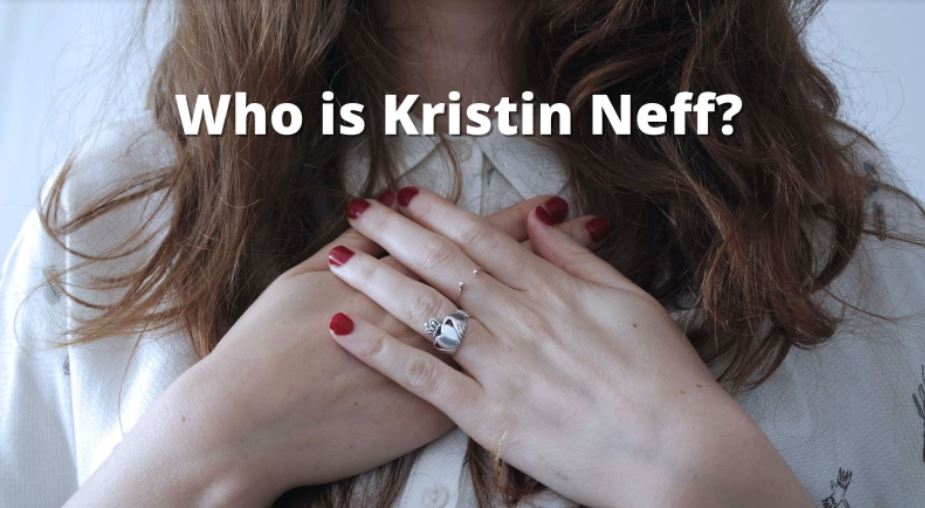Kristin Neff earned her Ph.D. from the University of California, Berkeley, and is now an Associate Professor of Educational Psychology at the University of Texas in Austin.
Kristin became interested in Buddhism during her last year of graduate school and has been practicing meditation in the Insight Meditation style ever since. She opted to do research on self-compassion while undertaking her post-doctoral study — a core concept in Buddhist psychology that had not before been scientifically studied. Kristin is a pioneer in the field of self-compassion research, having developed a scale to assess the concept about 20 years ago.
Works
She is the author of the book Self-Compassion: The Proven Power of Being Kind to Yourself, as well as the new book Fierce Self-Compassion, in addition to several scholarly articles and book chapters on the subject. : How Women Can Harness Kindness to Speak Up, Claim Their Power, and Thrive released in June 2021.
Dr. Chris Germer, her colleague, collaborated on this project. , she created a Mindful Self-Compassion and empirically proven training program that is taught by thousands of teachers worldwide. They co-wrote The Mindful Self-Compassion Workbook and Teaching the Mindful Self-Compassion Program: A Professional’s Guide. She is also one of the co-founders of the non-profit Center for Mindful Self-Compassion.
Social Media
Read more about the Author here.
Inspiring Talks by Kristin Neff
Interview
Notable quotes
- “Self-compassion is a way of emotionally recharging our batteries. Rather than becoming drained by helping others, self-compassion allows us to fill up our internal reserves, so that we have more to give to those who need us.”
- “This is a moment of suffering. Suffering is part of life. May I be kind to myself at this moment? May I give me the compassion I need.”
- “Whenever I notice something about myself I don’t like, or whenever something goes wrong in my life, I silently repeat the following phrases: This is a moment of suffering. Suffering is part of life. May I be kind to myself at this moment? May I give me the compassion I need.”
- “It becomes understood that happiness is not dependent on circumstances being exactly as we want them to be, or on ourselves being exactly as we’d like to be. Rather, happiness stems from loving ourselves and our lives exactly as they are, knowing that joy and pain, strength and weakness, glory and failure are all essential to the full human experience.”
- “Remember that if you really want to motivate yourself, love is more powerful than fear.”
- “Our successes and failures come and go – they neither define us nor do they determine our worthiness.”
- “Rather than wandering around in problem-solving mode all day, thinking mainly of what you want to fix about yourself or your life, you can pause for a few moments throughout the day to marvel at what’s not broken.”
- “If you are continually judging and criticizing yourself while trying to be kind to others, you are drawing artificial boundaries and distinctions that only lead to feelings of separation and isolation.”
- “Tara Bennett-Goleman uses the metaphor of alchemy to symbolize the spiritual and emotional transformation that’s possible when we embrace our pain with caring concern. When we give ourselves compassion, the tight knot of negative self-judgment starts to dissolve, replaced by a feeling of peaceful, connected acceptance – a sparkling diamond that emerges from the coal.”
- “Being human is not about being any one particular way; it is about being as life creates you – with your own particular strengths and weaknesses, gifts and challenges, quirks and oddities.”
- “The real treasure offered by mindfulness – its most amazing gift – is that mindfulness provides us with the opportunity to respond rather than simply react. When.”
